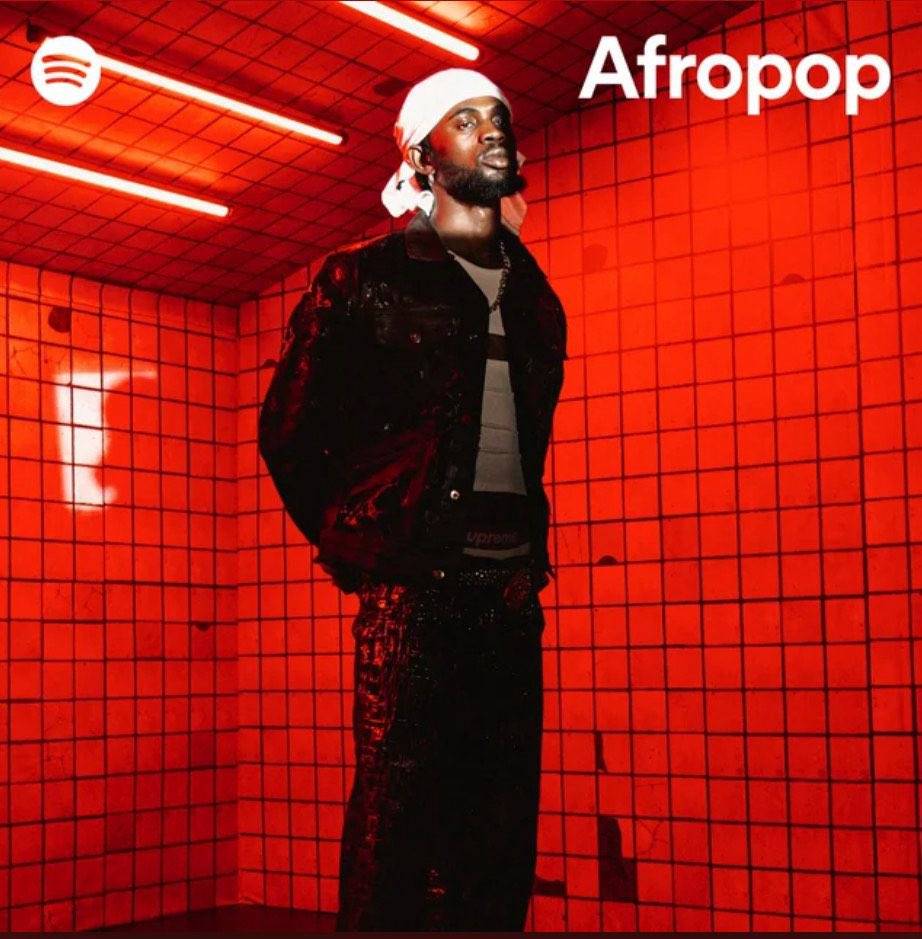The beef between Shatta Waleand Black Sherif (also known as Blacko) is a relatively newer rivalry that has sparked considerable attention in the Ghanaian music scene. While not as long-standing as Shatta Wale's feud with Stonebwoy, the tension between Shatta and Black Sherif has been noticeable in recent years. Here’s an overview of their conflict:
1. Initial Tensions:
The beef between Shatta Wale and Black Sherif seemed to stem from Shatta's public criticism of Black Sherif's style and success. In 2022, Shatta Wale took shots at Black Sherif, particularly regarding his rise to fame and his music, which combines elements of dancehall, trap, and Afrobeat.
Shatta Wale, known for his outspoken personality, expressed that Black Sherif was receiving too much praise too quickly and that his rise to fame was a result of hype rather than musical substance. Shatta, who has been in the industry for a long time, also suggested that younger artists like Black Sherif were not paying their dues or respecting the work of pioneers in the industry.
2. Shatta's Comments on Black Sherif’s "Second Sermon" Performance:
The feud heated up further when Shatta Wale criticized Black Sherif’s stage presence and his live performance during the release of Sherif’s hit song “Second Sermon.†Shatta, who is known for his own energetic stage performances, implied that Black Sherif wasn’t skilled enough to perform at major events or live concerts.
3. Black Sherif’s Response:
Black Sherif, who tends to maintain a more reserved and humble public image compared to Shatta Wale, initially didn’t respond aggressively to the comments. However, in interviews and on social media, Sherif subtly addressed the beef by stating that he focuses on making music and that he doesn’t have time for unnecessary drama. He also suggested that he would not be drawn into beefs or negativity and preferred to let his music speak for itself.
Despite this, some fans believe that Black Sherif indirectly responded to Shatta’s critiques in his songs, with lyrics that emphasized his hard work, determination, and respect for the craft of music.
4. The Public Exchange:
Over time, Shatta Wale continued to criticize Black Sherif, often using his platform to call out what he perceived as Black Sherif’s "lack of originality" or attempts to be someone else. Shatta’s fans also fueled the rivalry, while Black Sherif's supporters defended him, calling for respect for the young artist’s talent.
Shatta Wale’s criticisms were seen by many as an attempt to assert his dominance in the industry and remind the public of his longevity in the Ghanaian music scene, while Black Sherif’s supporters viewed it as an attempt to undermine the rising star.
5. Who’s Right and Who’s Wrong?
The beef largely revolves around generational differences and the way both artists approach the music business. Shatta Wale represents the older, established generation of artists who are more accustomed to traditional Ghanaian music industry dynamics, while Black Sherif represents a newer wave of Ghanaian artists, with his blend of global sounds like trap and Afrobeat.
Some see Shatta Wale’s remarks as jealousy or an unwillingness to embrace new talent, while others think Shatta was simply defending the respect he feels he deserves in an industry that has become increasingly competitive.
6. The Future of the Beef:
While the rivalry remains simmering, there have been no major public altercations or confrontations between Shatta Wale and Black Sherif. Black Sherif continues to focus on his music, while Shatta Wale remains active in the media, sometimes commenting on young artists like Sherif. The beef is unlikely to escalate significantly unless either artist decides to take direct shots at each other in a more personal or public manner.
In conclusion, the beef between Shatta Wale and Black Sherif is mainly rooted in Shatta's criticism of Black Sherif's rise and his musical style, but Black Sherif has largely stayed above the fray. For now, it appears to be more of a one-sided tension, with Shatta Wale using his platform to criticize Black Sherif, while the latter maintains a more stoic approach.




No comments yet
Be the first to share your thoughts!